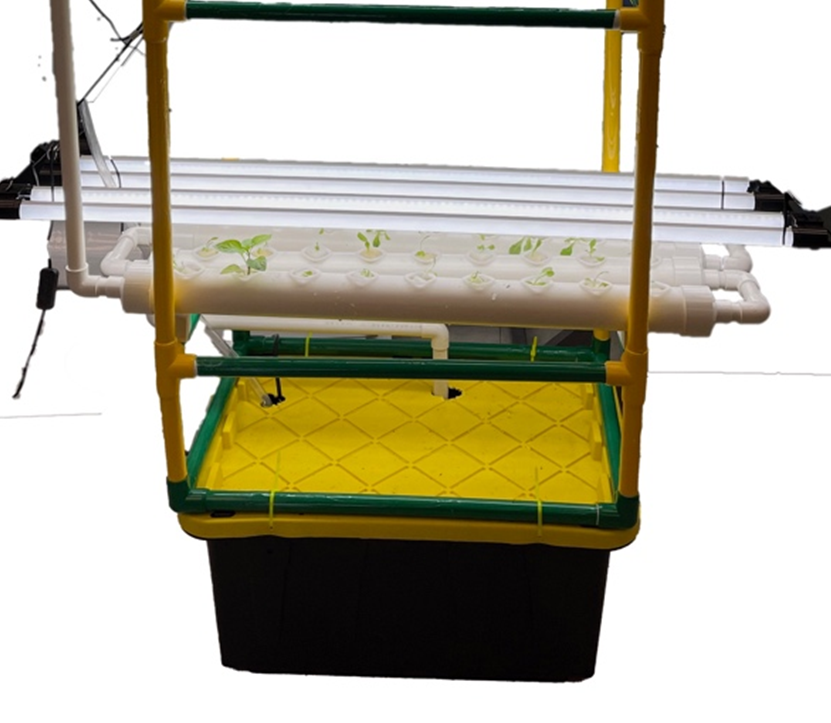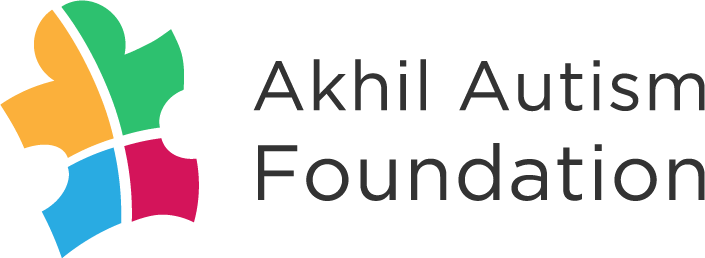Neurodiverse Gardeners Training Program
After this program neurodiverse individuals will have job readiness skills to work in the Green Industry.After this program neurodiverse individuals will have job readiness skills to work in the Green Industry.
Therapeutic Gardening Experiences
The power of Horticulture Therapy and Therapeutic Gardening Experiences is undeniable and proven in research for many years. Plants are interactive and non-judgemental. They change and grow based on care and nurturing. This can give someone their first success and help them build on that success to be more successful in other areas of their life.
Who is this for?
This program is for any person who has the desire to learn about gardening and horticulture.They do not need to want to work in the green industry in order to benefit from the classes. Having an experience with a plant can change a person’s life. Especially when that person has not experienced success in other areas of their life. But also this program teaches science and some math concepts in a user friendly and non-threatening way. We grow plants but we also discuss percentages when talking about soil mixtures, pH level in hydroponics, ratios in fertilizers and other concepts that can sometimes be overwhelming to students when they are taught in a way that is abstract.
What you will learn in this program?
Beginner Level 1 6 lessons 6 hrs
Cost: $950 includes “Everything but the Water Kit”
(all prices include 10 kits. Additional kits will be billed at a price of $20/kit)
Create the brain connection on how seeds transform into plants.
Develop an understanding of how to nurture seeds
Introduction to hydroponics farming
Distinguish between different types of Hydroponics Growing Systems.
Develop the ability to propagate plants from cutting
Learn to create a self-sustainable terrarium in a Plastic Bottle.
General Plant Care Training
(Grants available as per eligibility)

Intermediate: Includes Level 1 and 2 – 10 lessons – 10 hrs
Cost: $1600 -2 classes a month
Everything in Level 1 plus the following:
Everything You Need To Know About Transplanting Plants
Understand different fertilizing techniques
Healthy Eating
Introduction to Carnivorous plants and how to care for them.
Deeper Dive into Hydroponics
Includes base Hydroponics Growing System, to grow 36 Sites of different plants and herbs- hands-on training –(Grants available as per eligibility)

Level 1, 2 & 3 – Complete Neurodiverse gardener package
20 lessons- 20 hours
Cost: $2600 Includes SAVInG Garden
Everything in Level 1 and 2 plus the following:
Bulbs, Tubers
Cycads, Ferns & Mosses
Crop Rotation
SAVInG (Smart Aeroponic Vertical Indoor Garden) overview how it was built and how you could build.
(Grants available as per eligibility)

Imagine for one moment…The Possibilities for Neurodiverse Gardeners
Frequently Asked Questions (FAQs)
Is there a minimum age?
We request that for the safety of the participants all gardeners be at least 6 years old. We will divide classes up based on age groups (6-9, 10-14, 14-adult) if you have children in multiple age categories we will discuss with you the best grouping based on your gardener’s skills.
Do we have to go somewhere to receive this training?
This training can be delivered fully online. The Instructors are trainined to keep gardeners engaged and every lesson has a hands on component.
Is this good for groups?
This is excellent for all kinds of groups, Scout Troops, Homeschooling organizations, Classrooms, Disability Day Programs, Church Youth Groups and many more!
Can you come to my organization?
We do have a minumumenrollment for in-person training and the cost is a little bit more but yes we can come in-person.
Do you use organic products?
Everything we use is safe for use by all people. We also include nitrile based gloves in the kits for gardeners who don’t like to get their hands dirty.
Are there any harmful chemicals in the products?
We avoid the use of any non-natural products. However keep in mind that even natural products are dangerous. We do recommend using gloves when handling fertilizer and soil products.
Do we get to keep the supplies?
Absolutely! And we encourage you to re-use. We try to be a a good steward of the earth. We use plastic because some of our neurodiverse gardeners accidentially drop their products and we do not want broken glass around, but all the planting containers (seed starting tray, hydroponics bottle, plastic bottle terraium and transplant pots) can be washed with soapy water and reused. The tools (plastic spoon & fork and chop stick) can be reused or if lost, replaced very easily.
How can I schedule a class session for a group?
Please reach out to Akhil Autism Foundation phone number and emails are listed above.
How can I enroll my child or students?
We are currently scheduling sessions for groups of gardeners using outschool.com please click link above. We use outschool because they verify credentials and complete a full background check on all teachers and we want you to feel safe with our program!
What qualifications do the Instructors have?
All of our teachers have a bachelor’s degree (or are in their last year of a bachelor’s degree) in psychology or education and have completed training in horticulture which is taught by our main teacher, Elisabeth Black.
Want to know more about the main teacher, Elisabeth Black?
I enjoyed gardening for many years and decided to apply for the Master Gardener Program in my county. After completing the class, I began volunteering with a newly formed team that was helping a class of students with disabilities grow and tend a vegetable garden. Very early in this experience, I was helping a young woman who was non-verbal to plant basil seedlings. Because this was the first time, she had planted a seedling the activity required hand over hand guidance. The first time I guided her to plant the basil seedling upright and at the correct depth and we pushed the soil back over the roots securing it in the hole. The next one I told her to dig the hole and she was able to place the seedling and cover it with minimal assistance from me. After a couple of plants, she was managing the task independently while I just watched to ensure she continued correctly cheering her on with an occasional “That’s a very good job!” As I sat back and watched her planting the seedlings, I realized she was humming with a smile on her face. At that moment I didn’t care if I ever got paid to do this, I just wanted to keep doing it for the rest of my life.
That was 2014. Since then I have been a part of that team every year since and Co-Leader since the second year. In that time we have had more than 20 students graduate the high school and our program and five students have gone on to careers in the green industry. Additionally I entered Rutgers University School of Environmental and Biological Sciences to get a Bachelor’s degree in Horticultural Therapy. After graduating Summa cum laude I began my internship with the AHTA (American Horticultural Therapy Association) and expect to complete my Internship in the Spring of 2023.
I have also been the Horticulture Instructor at New Road School of Somerset, in Somerset, NJ since 2018. When we were sent virtual during the COVID lockdown in the Spring of 2020, I quickly learned that my students had no resources at home to do horticulture activities. My program had always been very hands on and especially then as my students felt so disconnected from their school I needed to get tools ionto their hands quickly. Because we are an out of district placement private school we have students everywhere, even one family who chose to lockdown in their summer hiome in Vermont. So my supplies needed to be able to be sent through the mail inexpensively.
I am currently a PhD student in Behavioral Systems Neuroscience at Rutgers University. The main focus of my research is to gather empirical evidence supporting the use of Horticultural Therapy to help people who have special needs with a special focus on Autistic People. The methods will include the use of measurements through non-invasive technology to measure stress biomarkers including cortisol levels, eye movements and galvanic skin response. My overall goal is to make Horticultural Therapy more accessible.
